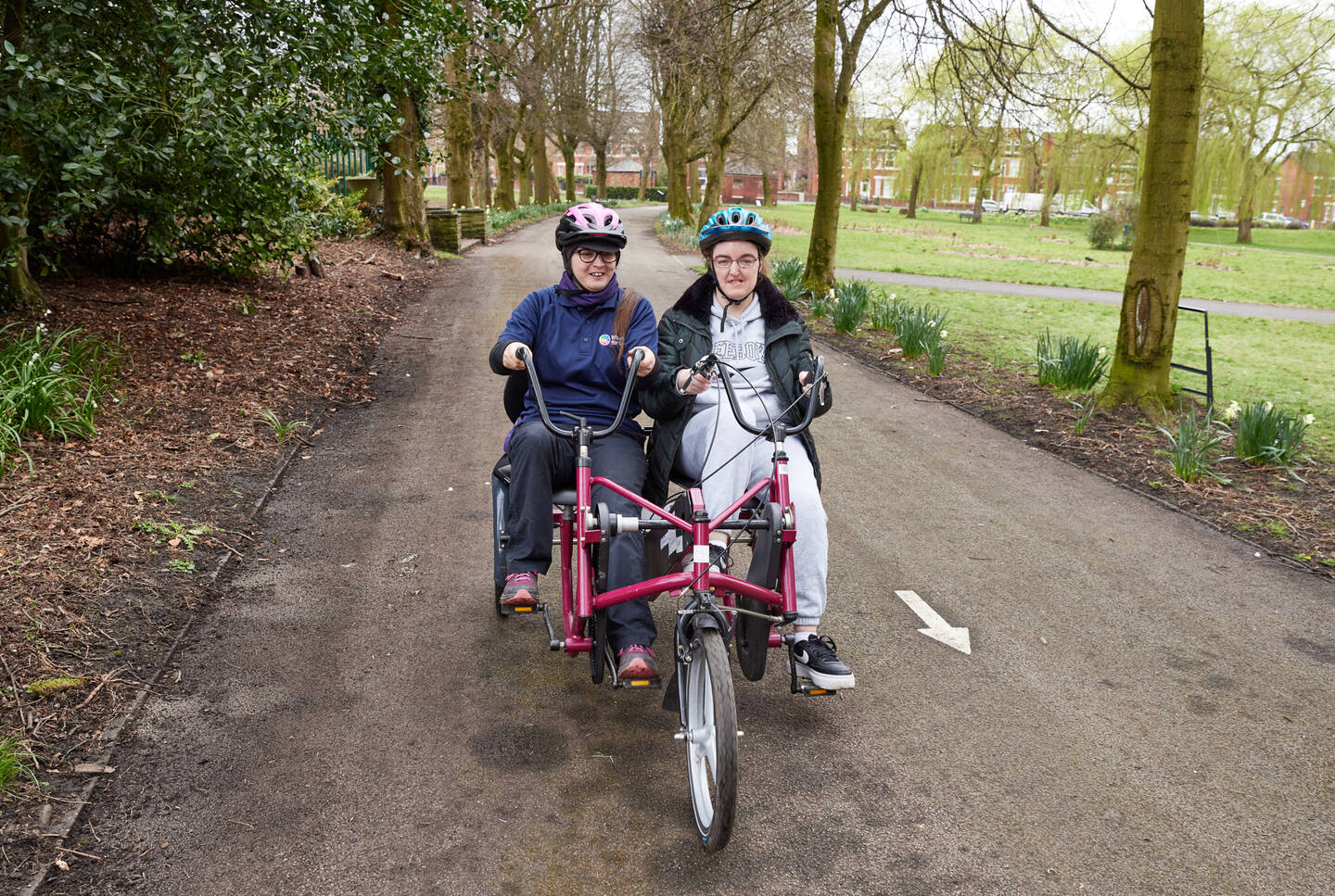Activity Alliance responds to the 2025 Budget
Today (Wednesday 26 November) the Chancellor of the Exchequer, Rachel Reeves, set out the UK Government’s Budget of spending and financial plans.

In response to the Budget, Sarah Brown-Fraser, Head of Communications and Policy at Activity Alliance, said:
“In a challenging economic climate, we were disappointed that today’s Budget did not draw upon the huge value in people being active, especially disabled people. For disabled people to be more active, it takes a wider movement to change systemic barriers that prevent it. Whether in health, transport or education, policy makers play a vital role in ensuring more disabled people can be happier, healthier and thrive in our society.
“Conversations about public savings and “economic inactivity” too often ignore the positive contribution of the UK’s 16 million disabled people. In December 2024, we published a social value assessment, using HM Treasury endorsed methodology, showing the societal cost of inequality equates to at least a £10.9 billion ‘activity gap’.
“It found there is £6,200 social value per disabled person per year if supported to meet the official Chief Medical Officers’ (CMO) guidelines of 150 plus minutes a week. This works out three to four times’ the value of non-disabled people being active. To give a comparison of size, this figure is almost equivalent to being employed rather than unemployed, which has a social value of £7,000.
“This evidence shows that making it harder for disabled people to participate, or not reducing the barriers to be active, harms communities and increases long term public spending.
“While it is a welcome move to improve playgrounds, to end the two-child benefit cap and give more support to younger people to access employment opportunities, we also need to see greater support for younger disabled people to lead active lifestyles. With the release of our Play, move, belong: Active futures for young disabled people report last week, and government’s upcoming SEND White Paper and National Youth Strategy, it is an ideal time to tackle these inequalities collaboratively for our younger generations.
“Benefits are vital to removing barriers to participation in sport and physical activity. Research shows almost half of disabled people fear losing benefits if they are seen to be physically active. Disabled people must trust the system that they are free to access the same physical and mental wellbeing improvements that come from sports and activities as non-disabled people.
“Our 2024 manifesto calls for the benefits system to provide clearer guidance and stronger safeguards so disabled people can be regularly active without risking financial support. We will study the upcoming Timms Review for Personal Independence Payment to ensure this essential support is fairer, and more considerate of disabled people’s active lives.
“Importantly, the Review will be co‑produced with disabled people and supporters so that lived experience shapes its recommendations. Not only more effective and equitable, but this approach also ensures resources are targeted where they remove real barriers and deliver the greatest public return. We will continue to press government to make changes that matter to have a society where all disabled people feel they belong in sports and activities.”